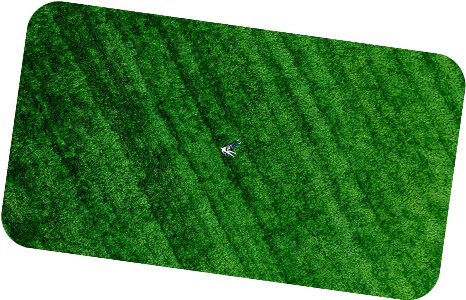
Close

WASTE WATER TREATMENT
Wastewater treatment systems often face fluctuations in biological activity due to variable loads, shock conditions, and complex influent compositions. AQUATRETZ BIOBOOST is a specialized enzyme formulation combining protease, amylase, and lipase.
Fats, oils, and grease (FOG) accumulation is a common cause of blockages, odor issues, and reduced wastewater treatment efficiency. AQUATRETZ FOG is an advanced enzyme formulation rich in lipase and esterase, specifically designed to break down complex fats and oils into easily degradable components.
High levels of suspended solids (TSS) and poor water clarity are common challenges in wastewater treatment plants. These issues can affect effluent quality, increase energy consumption, and risk non-compliance with discharge regulations.
Odor generation in wastewater treatment plants, pumping stations, and industrial effluent systems is often caused by hydrogen sulfide (H₂S), ammonia, and volatile organic compounds (VOCs).
High levels of suspended solids (TSS) and poor water clarity are common challenges in wastewater treatment plants. These issues can affect effluent quality, increase energy consumption, and risk non-compliance with discharge regulations.



Enzymes such as proteases, amylases, and lipases accelerate the breakdown of organic waste including fats, oils, grease (FOG), proteins, and starches present in wastewater. This improves Biological Oxygen Demand (BOD) and Chemical Oxygen Demand (COD) reduction, resulting in cleaner effluent discharge. Enzymatic treatment also minimizes blockages and reduces load on mechanical and chemical treatment processes.
Enzymes help in breaking down sludge solids, reducing sludge volume and improving dewatering efficiency. By accelerating the decomposition of organic material, they lower sludge handling and disposal costs. Enzymatic action also helps control foul odors by breaking down odor-causing compounds like hydrogen sulfide and ammonia, improving the working environment and surrounding air quality.
Enzymes effectively degrade fats, oils, and grease in grease traps, sewer lines, and pumping stations, preventing blockages and costly maintenance issues. This reduces the need for harsh chemical degreasers and mechanical cleaning, ensuring smoother operation of municipal and industrial wastewater systems.
Enzymes provide an environmentally friendly alternative to harsh chemicals, reducing the use of toxic substances and improving effluent quality. They enhance the performance of biological treatment systems, promote microbial balance, and support regulatory compliance for wastewater discharge. This enables industries and municipalities to meet sustainability goals while lowering treatment costs and environmental impact.